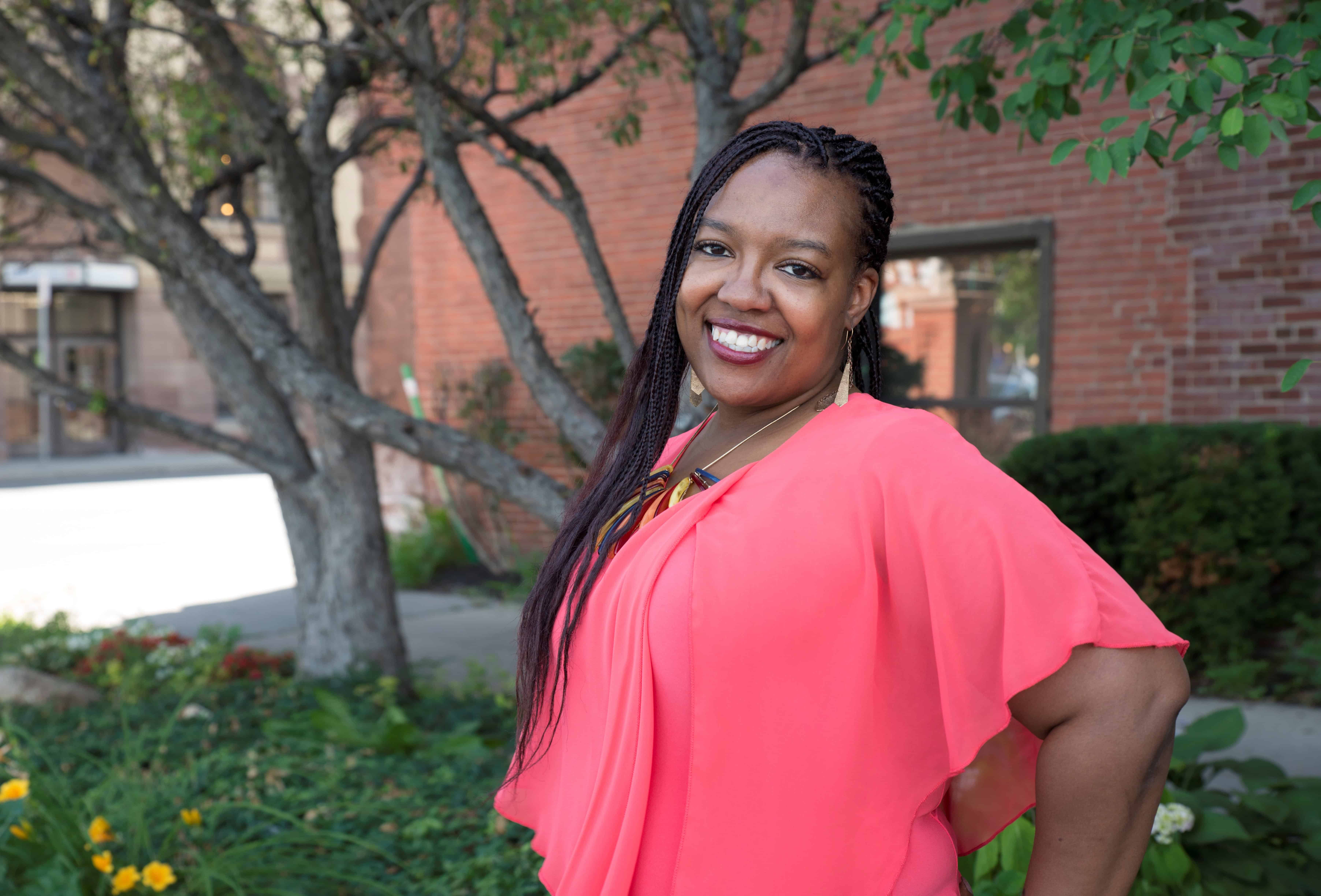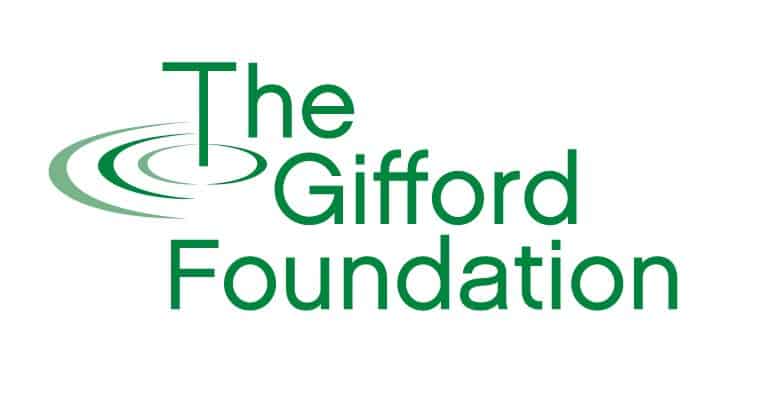Broadening Perspectives:
A Culture of Change
Published: August 18th, 2020
Everywhere I go I hear people talking about how the COVID-19 pandemic is changing our culture. From live music to sports, remote offices to greeting people with a handshake – people are wondering if things will ever return to “normal”. Almost always, the change being discussed is negative. I do not doubt that many of those things will come to pass, but today I want to call attention to a positive movement that this public health crisis has exposed and developed into a new energy for change: civic engagement.

Sheena Solomon is the Executive Director of the Gifford Foundation.
COVID eliminated all of the things that were distracting us. You can’t go to the mall, you can’t go to the gym, and for some people – you can’t even go to work. You have nothing to distract your attention away from what’s happening in our communities and in politics. The fire started with the George Floyd video, when the world watched a police officer sit with his knee on another person’s neck like he was just taking a lunch break. I think people saw a monster, and realized that they really have to do something about this. And because everything else is paused, we have seen a larger reaction and more ambitious organizing than we did for past victims like Trayvon Martin or Eric Garner. In many cases, this new energy has freshened memories of injustices that remain unaddressed, like the case of Breonna Taylor and so many more.
What gives me hope is that young people are actively creating their own culture of political participation that I hope will shake the roots of all our challenges: not only systemic racism, but public health, mass incarceration, climate change, and much more. The impact of Black Lives Matter and other emerging social movements is huge and is challenging how people shop, who they hire and the language they decide to use. I am confident that this will not only draw people in but also educate people what about what equity looks like. The everyday person has more power than they think. The challenge comes with organizing and harnessing that power.
Many readers may not know my own story – that before I became the first Black Executive Director of the Gifford Foundation I was a single teenage mother from a low income family. I know firsthand what it is like to live in a shelter, and I know how it feels to be dehumanized by the very same agencies that are supposed to be helping you. For those reasons I decided to give my life to service and philanthropy. That journey has taught me many things, and I would like to share some of them today in the hopes that they may be useful to those young people who are fighting their first fight and demanding change.
- Sustainable change takes time. Society teaches us to expect instant gratification, but that’s not how change happens. Realize that you are planting seeds for the next generation, plants that you might not live to see.
- You have to learn the game of the system you are trying to infiltrate. Specialize in the game. Educate yourself to play the game. Then enter the game and create the changes you want to see.
- You can’t do the work alone – conversations and collaboration are essential to building your capacity and leadership.
- Be aware of your power as a role model to your children and others, and as a creator of change. Be deliberate about the example you set. This creates a new culture for our up-and-coming leaders.
- You have to remember self-care. Stop and take a minute to refill your own cup. Your life and health can be consumed if you let yourself burn out. Take the time to celebrate the small wins and then move on to the next step.
The strain that the pandemic has placed on our society has revealed the cracks that run through so many of our institutions. Although this new awareness can be unsettling to some, it is inspiring people to roll up their sleeves and get involved with finding solutions. Too often, we think about things like service, volunteering, voting, and other forms of civic engagement as though they were sacrifices. This is a mistake. Every time that we perform these actions, we are not only investing in our future but empowering ourselves in the present. Someone once said to me that “culture eats strategy for breakfast”. We have to change the culture in order to truly impact the quality of life for all. I believe that equity is a culture, and it is the culture that the Gifford Foundation will continue to embrace as we support those who wish to make their voices heard. Our doors are always open to you.

Sheena Solomon, Executive Director
Subscribe to the Gifford Newsletter
Start enjoying our free quarterly publication today.


